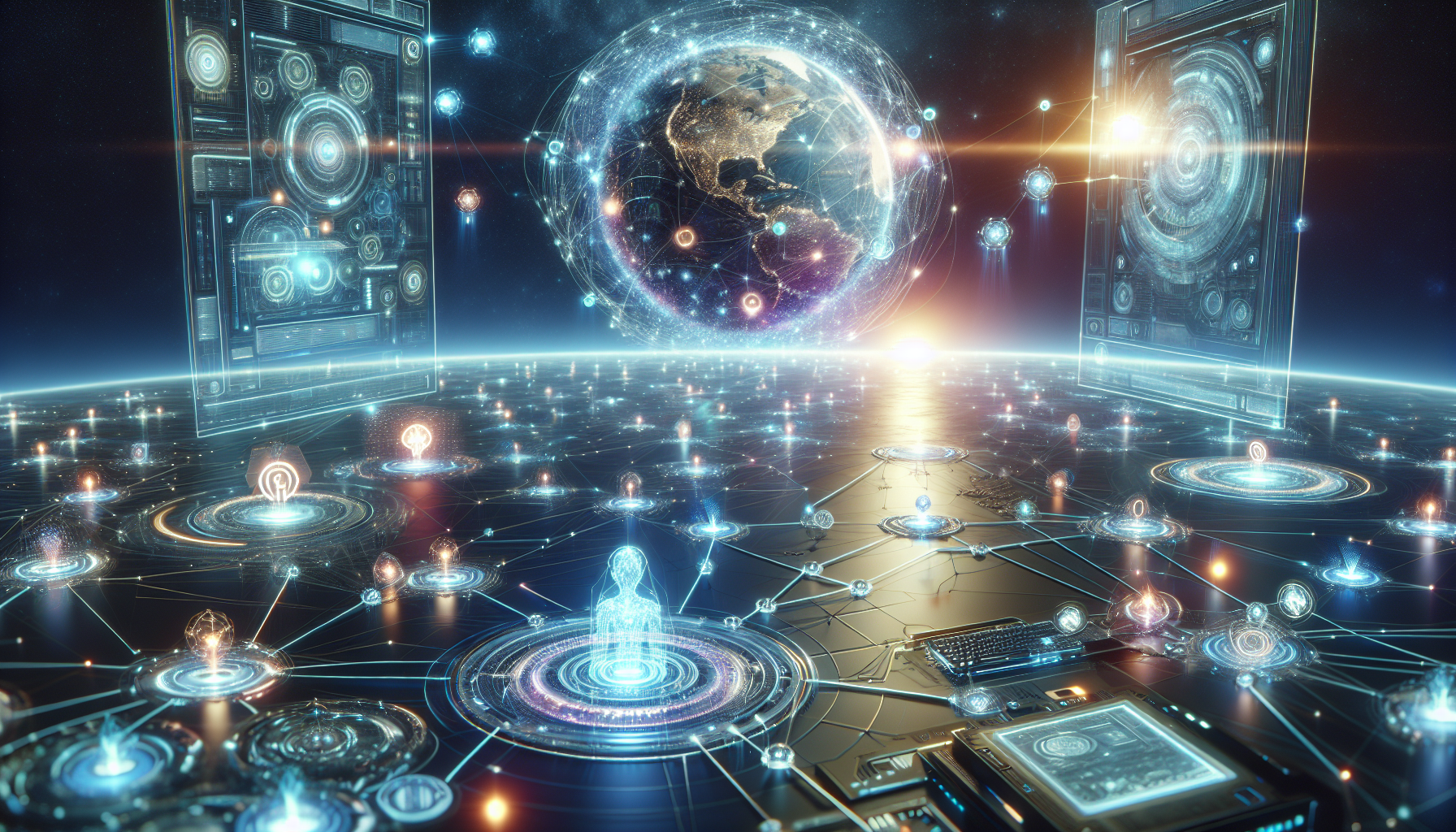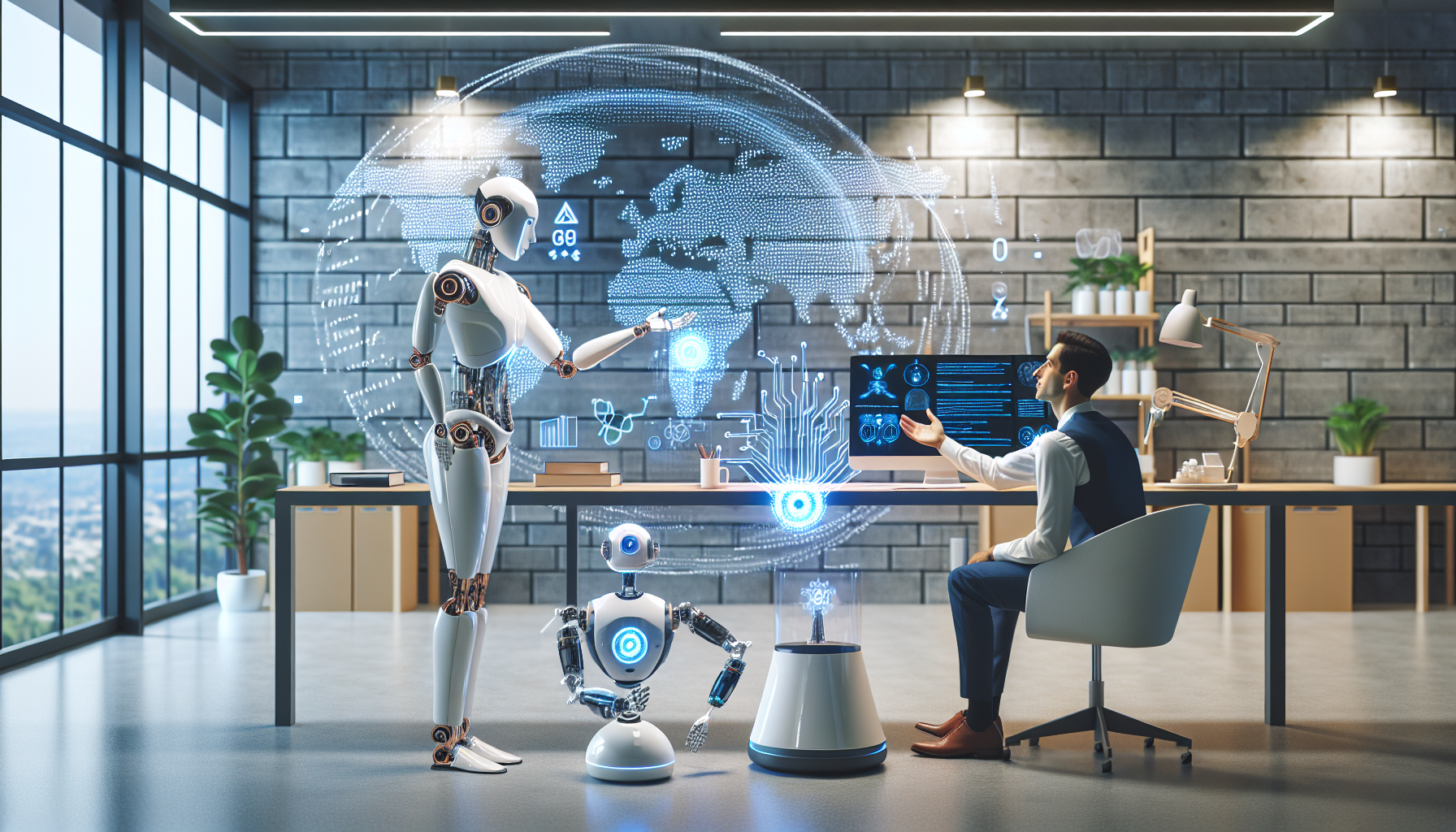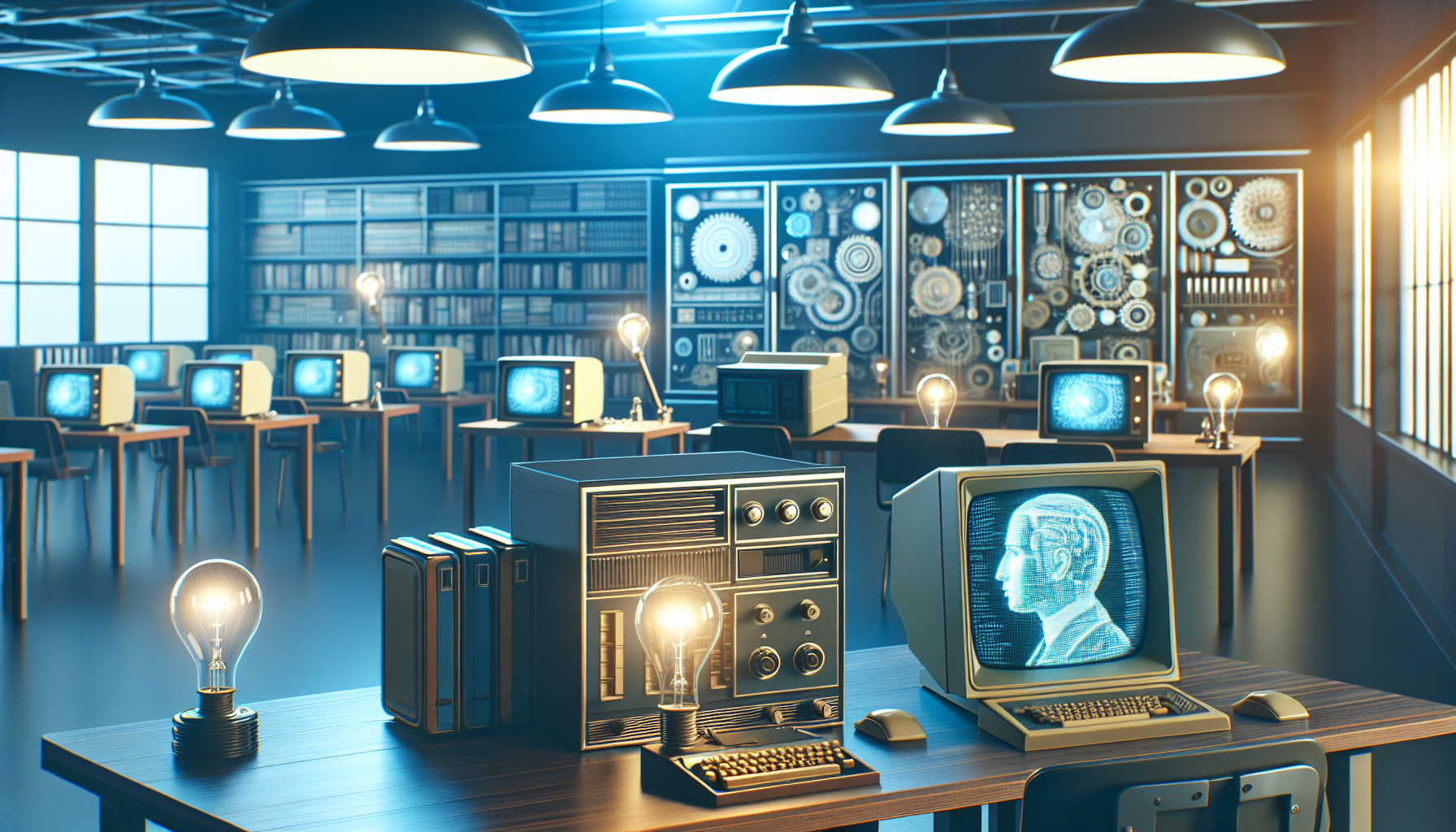
The Transformative Power of AI: Unveiling Its Psychological Impact Through History
July 8, 2025
The chronicles of human civilization are richly interwoven with transformative innovations that have shaped the way we live, think, and interact. Among these, the advent of artificial intelligence (AI) stands as a monumental leap, not just technologically, but also psychologically. The relationship between AI and human behavior is an evolving narrative that offers profound insights into our collective psyche.
Imagine a world where machines not only execute tasks with precision but also learn, adapt, and even mimic human reasoning. This transformation is not merely the result of technical prowess but also a reflection of humanity’s relentless pursuit of understanding and improving itself. From the inception of computational devices, the journey to AI has been marked by milestones that have repeatedly redefined our mental landscape.
In the early days, the concept of machines performing human-like tasks sparked both awe and skepticism. As AI began to demonstrate capabilities once thought exclusive to humans, such as recognizing patterns and processing natural language, it challenged deeply held beliefs about human uniqueness. This evolution stirred a blend of excitement and existential contemplation, prompting introspection about our roles and identities in a world increasingly shared with intelligent machines.
One of the most inspiring aspects of AI's historical impact is how it has catalyzed a reconsideration of creativity and intelligence. Traditionally, these qualities were seen as inherently human, yet AI has pushed the boundaries of this understanding. For example, AI systems today can compose music, generate art, and write poetry, often producing works that are indistinguishable from those created by humans. This has led to a reimagining of creativity, not as an exclusive human trait, but as a collaborative frontier where humans and machines co-create.
The psychological effects of AI are also evident in our social dynamics. AI technologies have redefined communication, making global interaction more seamless and accessible. Virtual assistants and chatbots, once novelties, are now integral to daily life, influencing how we communicate and perceive companionship. This shift prompts reflection on the nature of relationships, as we navigate a world where virtual entities can offer empathy and understanding.
AI’s influence extends into the realm of decision-making, a domain traditionally governed by human intuition and experience. Automated systems now assist in crucial decisions across various sectors, from healthcare to finance, challenging the conventional wisdom of human judgment. This interaction has sparked a dialogue about trust, responsibility, and the ethical dimensions of delegating decision-making to machines.
Historically, each leap in AI capability has been met with a duality of fear and inspiration. Concerns about job displacement and loss of privacy coexist with the excitement of unprecedented possibilities. Yet, history shows us that technology has consistently driven humanity to adapt and evolve. The emergence of AI is no different; it invites us to explore new avenues of purpose and growth, urging us to harness its potential for the greater good.
AI's historical journey is a testament to human ingenuity and resilience. It challenges us to confront our fears and embrace change with optimism. As AI continues to evolve, it offers an opportunity to redefine what it means to be human in an interconnected world. By understanding AI's psychological effects through a historical lens, we can better appreciate the symbiotic relationship between humans and machines—a relationship that holds the promise of elevating our collective consciousness.
As we stand on the brink of further advancements, the question that beckons is not whether AI will surpass human capabilities, but how we can coalesce our strengths to forge a future that celebrates the best of both worlds. What if the true potential of AI lies not in replacing human abilities, but in amplifying them? This perspective invites us to dream of an era where AI does not diminish our humanity, but rather enriches it, inspiring us to reach new heights of wisdom and compassion.
In contemplating the historical trajectory of AI, we find ourselves at a crossroads, where the choices we make today will shape the narrative of tomorrow. Will we allow AI to inspire us to greater heights of understanding and empathy? The answer lies in our willingness to embrace the unknown and to envision a world where human and artificial intelligence together craft a legacy of creativity, innovation, and shared progress.


